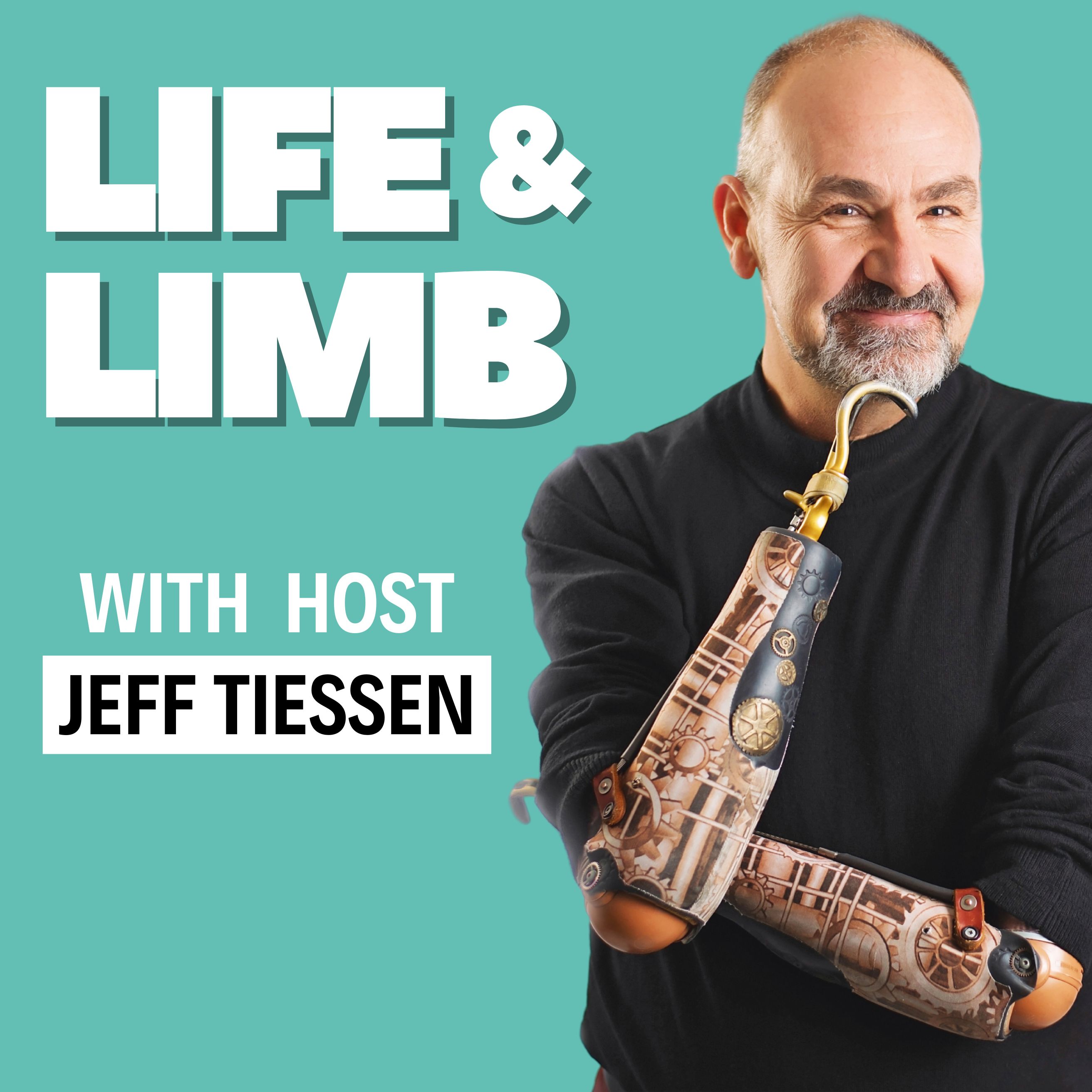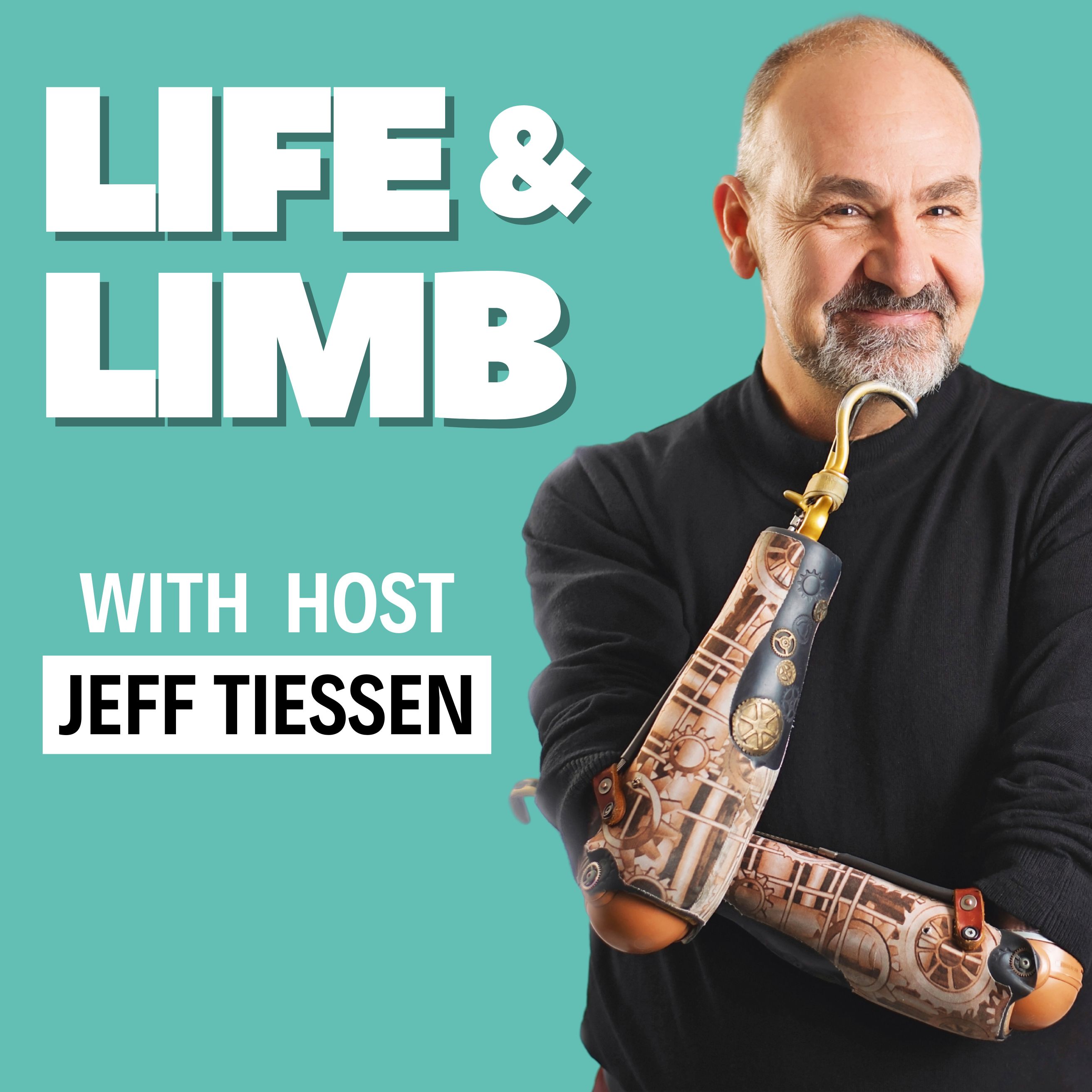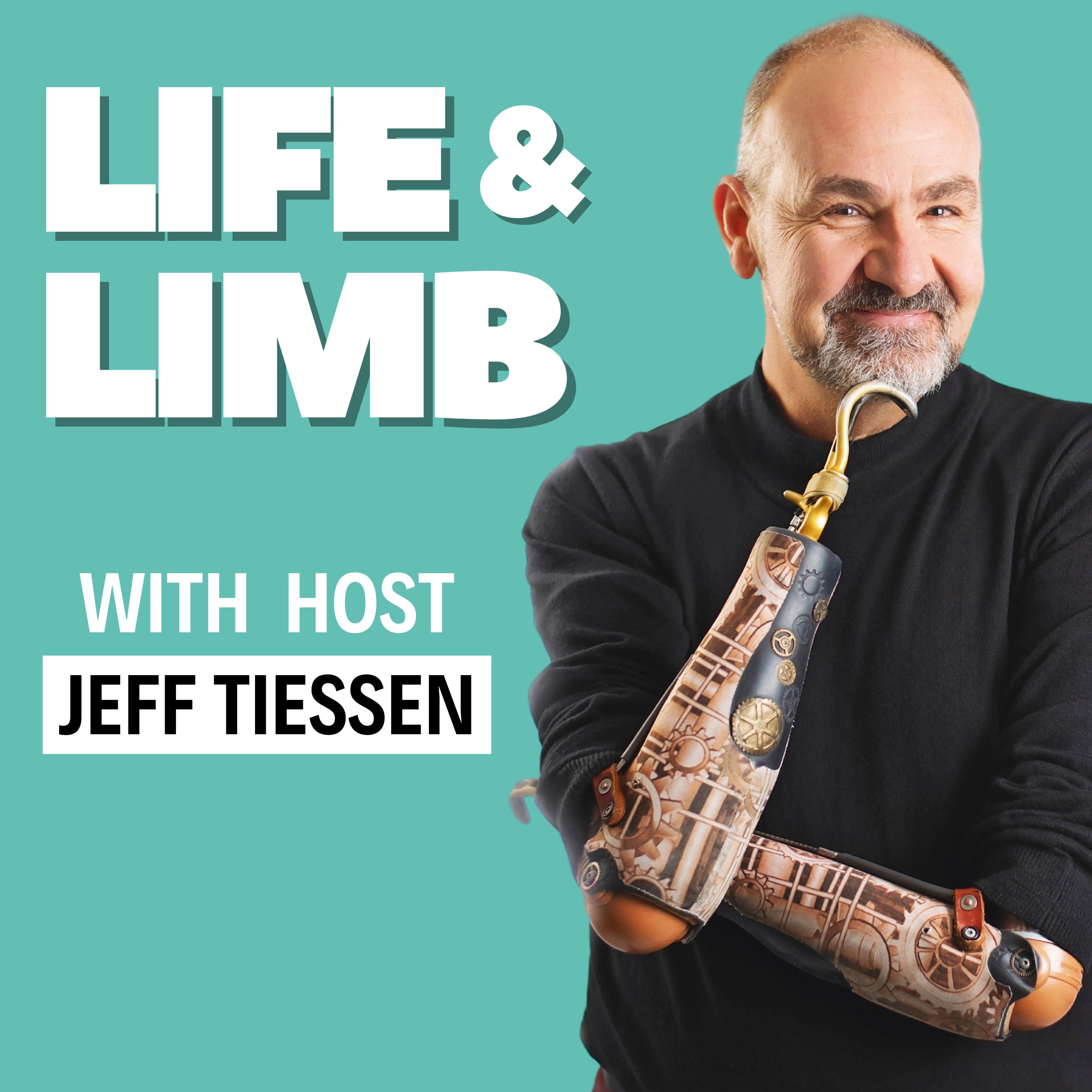Dionne Chambers is a personal injury lawyer, experienced in claims for clients with a wide range of serious injuries including amputation, brain injury and psychological trauma. Her work with amputee clients has increased her awareness of the gaps in meeting their needs, particularly in the area of peer support. As such, she has partnered with a Niagara-area amputee to establish a peer support group in that region. Dionne advocates for her clients regularly throughout their recovery and rehabilitation and is now bringing insights from client experiences and needs to the Amputee Coalition of Canada as its newest board member.

Megan Williamson is the head fitness coach at Ocean Rehab and Fitness in Vancouver. She’s also the head instructor for the North American Council...

A nurse of 40+ years and an above-knee amputee of about seven, Kirsten Woodend has experienced healthcare from both sides - practitioner and patient...

In so many ways, Rouzalin “Roz” Hakim was transformed in ways she could never have imagined with the loss of her left leg above...